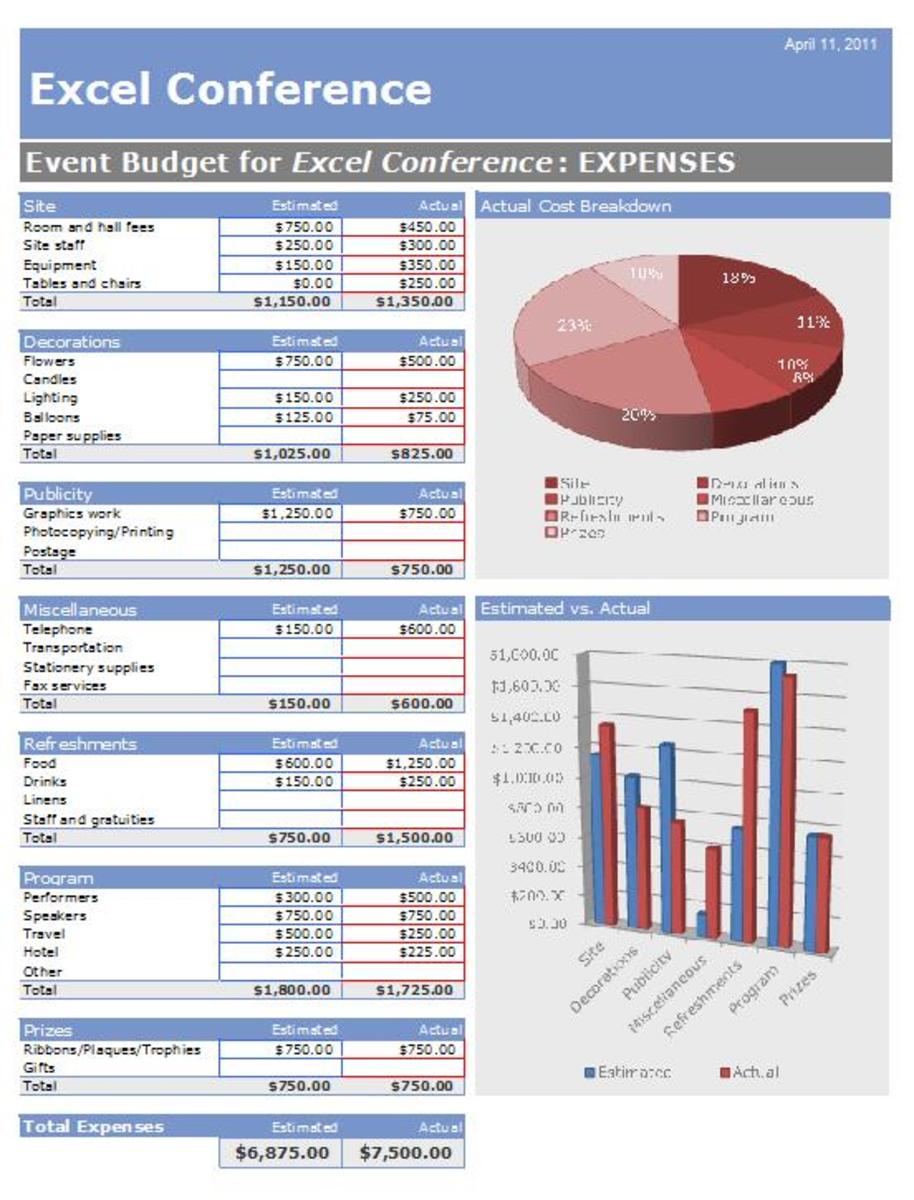Why it's Hard to Get and Keep a Job
How many of us on Hub Pages have English degrees, but have yet to have a job; unless, it's freelance? I would imagine a lot, considering my articles on employment and education receive responses from those in similar situations. If you're like me, you may be thinking an office job would be perfect. If not, here's why I always thought it would be: Writers know how to use Microsoft Office. Programs like these are part of our everyday lives. Organizing things? Anyone who has had to organize content for themselves or someone else in a written work knows how to organize like a boss! Answering phones? That's easy! How hard could this office job stuff be?

Learning a new job can be a lot like Charlie Chaplin in Modern Times; only, instead of doing a single task over and over, we're learning new tasks all of the time while expected to memorize them, right away. So, who does this benefit? The company. If they can find someone to replace us, as soon as they discover our brains don't work like computers, they can save money by firing us.
Have you seen "Modern Times?"
I have only had a few jobs. That isn't because there is something lacking in me; it's because I have only felt comfortable in a few of them—which is why I have been with one, in particular, for close to eight years. When I first started, I felt worried that I would be fired because certain parts of it were going way over my head, but I kept on trying. Now, I am the best at that particular task. Over a short period of time, I began learning other responsibilities, and was succeeding with those.
I am capable of learning, but it takes time. I used to think it was unusual, and because of my learning disability (to read the article on my learning challenges, please click here), but the majority of new co-workers have shown the same difficulties until they finally feel in control; therefore, how long does it usually take an average new employee to learn how to perform in a corporate environment?
When I attempted to work for another company, paying minimum wage, I thought it would be interesting to learn something new. What I found was there were only so many duties, yet a lot less time is given to learn them, even if the worker is in new territory. How can this be? I found myself more exhausted from standing there, performing the same few roles for four to six hours, than doing multiple parts of the job which involved running around. I did master it, but had to quit because of conflict with the time needed to complete my college assignments. It still makes me wonder: why does a much larger company, that can replace anyone at any time, make it so difficult for one person to get their other affairs in order when they still have time to work?
As a college grad, it has been impossible to find a job I can perform, even with all of the education I acquired. I have already written about my opinion of employers' expectations of experience over education. I never understood why so many potential employers have perceived my lack of experience in an office to be so significant. I know how to perform the functions, but in a different environment. Have I spoken to customers on the phone? Yes. Have I used a computer for basic things like email? Yes.
How often have you felt uncomfortable from pressure to learn new things quickly as a new employee?
Recently, when I was given a chance, I really wasn't. It was more of a test, if anything. How little could I be told about how to do what was asked of me, and still succeed? I was advised to ask questions rather than to stare at the project in front of me. That sounds good, right? So, I did; unfortunately, rather than receive an answer, I was either given the silent treatment, stared at with emotionless eyes, or my favorite was being told, "You're killing me." How often is this the experience of one's first day in an office? Ah, finally, my childhood dream—yes, seriously, I used to play office when I was younger—coming true with a new employer who would rather give me looks like I'm an idiot just for asking for clarification than simply train me.
After countless experiences of being ignored over the past two years for my resume, I was being treated just as poorly as had I simply been rejected for this position. Why wasn't I being trained in a serious manner? Was it that they don't have enough time to train, but they have enough time to look for replacements for people who don't satisfy them within a few weeks?
Yes, I was replacing someone who had only worked there for a few weeks. One can imagine my anxiety over how long it can take me to learn, no matter how skilled I can become, and what work I can accomplish, once I master a position as I did for the job I've worked for over the past eight years.
This must be a virtue in business: Train people poorly and quickly; if they don't pick it up in the time you expect, replace them with someone else until you find someone perfect. Meanwhile, chances are that the people who can handle this type of pressure know better than to work for someone who sees them as nothing more than a machine; therefore, they will quit, so they can work for a company that takes the time to help new employees learn their business.
This is why, even though I won't learn new office-related tasks at my current minimum wage job, I am relieved to work for someone who has and does take the time to literally show new people how to do something, and why we do it! Considering how this attempt at a first office job turned out, I refer to this method as "old-fashioned." It should be called "the common sense method."
How to fix it:
- Hire recent grads; they're more capable than they're given credit.
- Seriously train inexperienced job seekers; they're more likely to put in the effort. So, put in time to help them help you!
- Stop thinking your company is too good for unemployed college grads; everyone has to start somewhere.
© 2015 social thoughts








